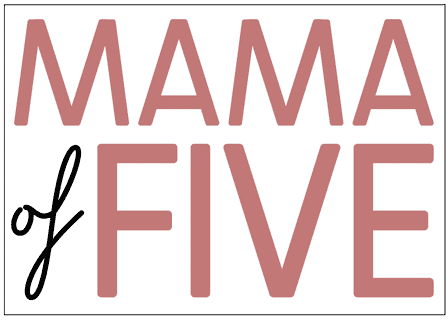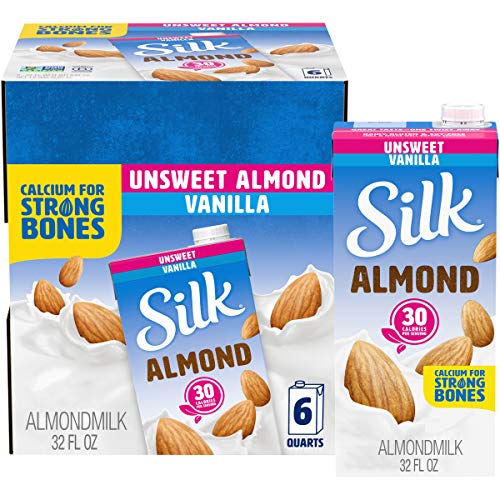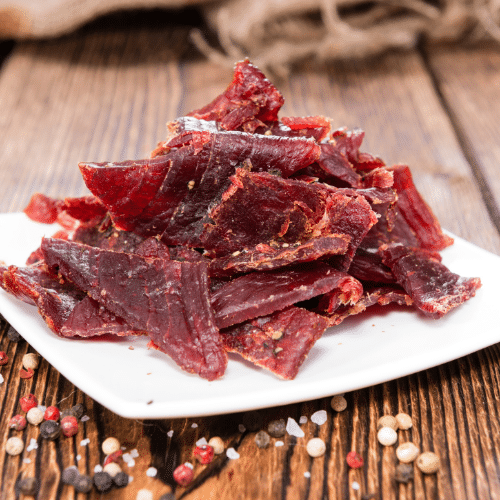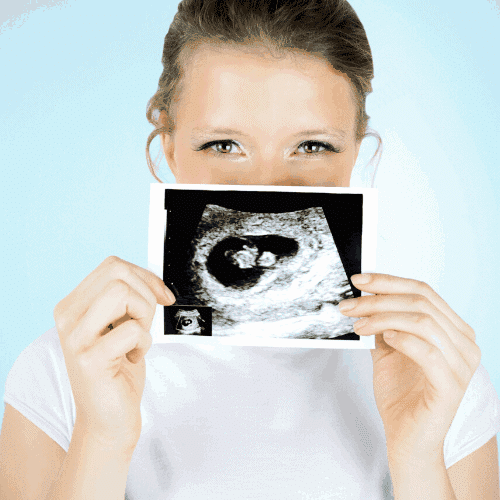During pregnancy, cravings for certain foods are perfectly normal. You might be wondering if drinking cocoa or hot chocolate is safe, especially if you end up craving it.
The good news is, in moderation, hot chocolate is safe to drink while pregnant.
Below we shall discuss the reasons why and discover pregnancy-friendly options for those who wish to be a little more cautious.
As an Amazon Associate, I earn from qualifying purchases. The links below may be affiliate links. Please read my disclosure policy for more information.
Is it safe to drink cocoa during pregnancy?

Pregnant or not, most of us find this treat a tasty indulgence to have. As mentioned above, providing you drink it in moderation, it is safe to consume during pregnancy.
The ingredients found within hot chocolate should not give any cause for concern with regards to your developing baby, provided the milk is pasteurized and you are keeping a check on how much caffeine you consume each day.
So, let’s take a look at the reasons why certain ingredients can have a harmful effect on pregnancy, before moving on to the benefits of drinking hot chocolate and some alternatives to curb your craving.
Presence of caffeine in hot chocolate
Another concern is how much caffeine a pregnant woman should consume. The American College of Obstetricians and Gynecologists (ACOG) recommends 200 milligrams or less of caffeine per day during pregnancy.
Too much caffeine intake during pregnancy can lead to miscarriage risks. This is because pregnant women metabolize caffeine at a slower rate.
According to studies, it can take 1.5-3.5 times longer to eliminate caffeine from your body. It also crosses the placenta to enter the baby’s bloodstream, raising concerns for the health of the baby.
The amount of caffeine in hot chocolate falls well below the recommended limit. Below, shows the amount of caffeine present in milk, dark and chocolate syrup:
- 1.45 ounces of dark chocolate bar – 30 mg caffeine
- 1.55 ounces of milk chocolate bar – 11 mg caffeine
- 1 tbsp of chocolate syrup – 3 mg caffeine
Therefore, it is important to note other sources of caffeine you consume each day. If you drink 2 cups of coffee a day, then consuming a hot chocolate made from dark chocolate will take you over the recommended limit.
The average cup of coffee contains around 94.8 mg of caffeine, so two of those brings you close to your daily limit without the addition of chocolate.
Another factor to note is how the drinking chocolate is made. This can affect how much caffeine is present in a single cup.
For example, homemade hot chocolate can contain approximately 4.8 mg of caffeine, while an 8 oz cup of hot chocolate from Starbucks contains 15 mg of caffeine.
Cream and milk in hot chocolate

During pregnancy, it is advised to consume only pasteurized dairy. This is because raw milk contains harmful bacteria that pregnant women are more susceptible to.
Typically, stores and places that sell warm beverages will only use pasteurized dairy in their products. It is illegal to buy or sell raw milk across state lines and if you do come across dairy that is unpasteurized, the labels on such products have to be clearly marked.
However, it is very rare to find such products in general. The only places you may come across raw milk are farmers’ markets where there is a greater likelihood of finding more artisan products.
Sugar in hot chocolate
Sugar, in particular, is well known to have negative effects on health, whether or not you are pregnant. By now, we are all aware that too much sugar can cause a multitude of negative effects on the body.
Pregnant women have extra concerns in relation to this.
While too much sugar has more obvious effects, such as weight gain, increased chance of developing diabetes, etc, too much can affect both the mother and baby.
High sugar diets during pregnancy can include a higher risk of:
- Gestational diabetes
- Gestational weight gain
- Preeclampsia
- Preterm birth
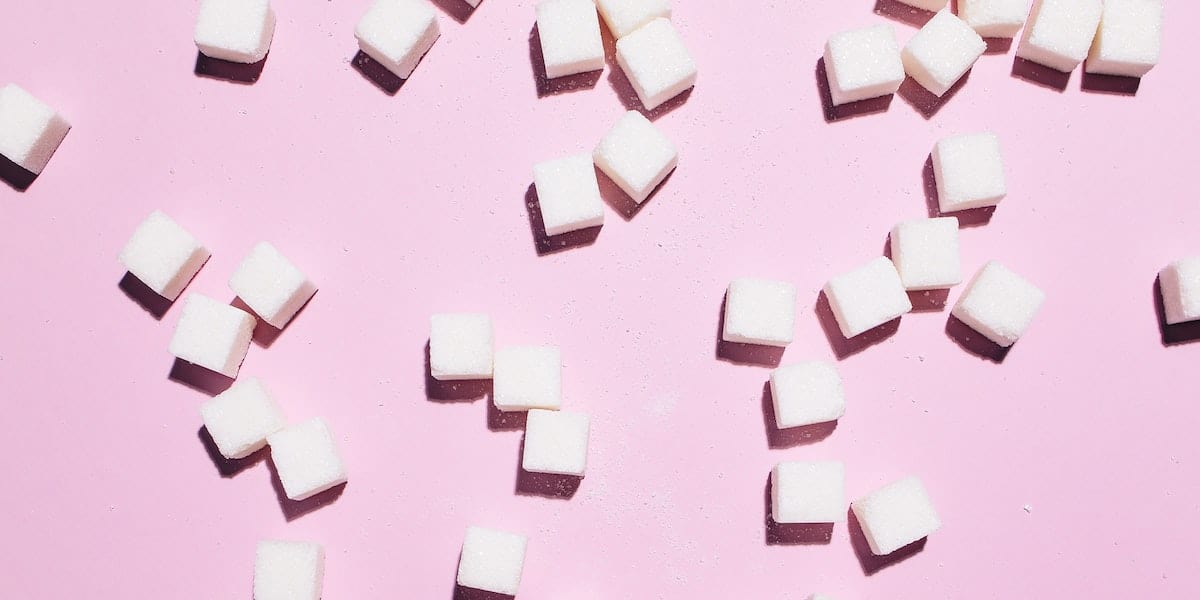
The reason why too much sugar during pregnancy can cause more of an issue is due to the placenta producing insulin-blocking hormones. This results in the sugar staying in your blood for longer after eating.
The reason for this is that your baby needs the nutrients to stay in your body for longer so it can benefit from them. However, it also means less beneficial things like sugar will stick around for longer as well.
High glucose levels usually result from ineffective or insufficient insulin in your body’s cells.
Gaining weight can be a contributing factor to higher glucose levels and less effective insulin, which is needed to regulate the sugar or glucose in your blood.
Having diabetes before you were pregnant can increase your chances of developing gestational diabetes. Therefore, it is important to keep a check on how much sugar you consume each day.
An average cup of hot chocolate contains around 24 g of added sugar. The general advice for pregnant women is to consume no more than 7 teaspoons or 30 g of added sugar a day.
A typical can of cola, for example, contains up to 9 teaspoons of sugar, taking you over your daily allowance in one can.
Therefore, it is important for pregnant women to find healthy alternatives or lower sugar versions of their favorite foods to keep their sugar consumption under the recommended limit.
As mentioned, there is no reason not to enjoy a cup of hot chocolate, just remember to enjoy it in moderation and you should not have any problems.
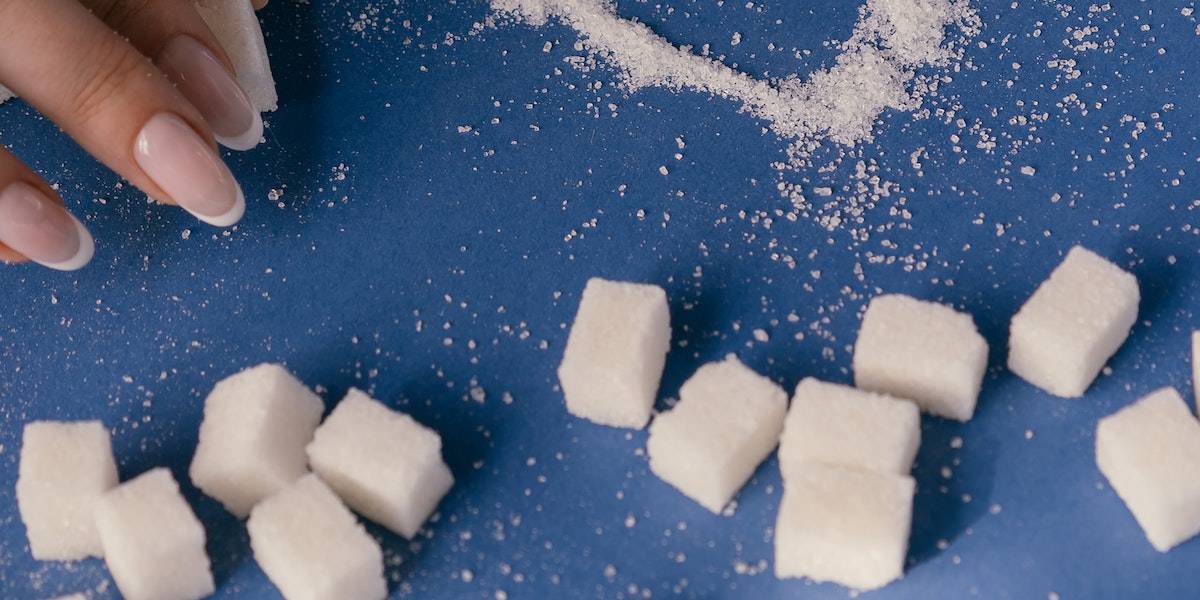
Calories in hot chocolate
During pregnancy, your calorie intake will increase and by the second trimester, you should be consuming an extra 300 calories. This does vary with each individual and 300 calories is only an average.
According to USCF Health, they recommend during pregnancy, your protein intake should be around 12-20 calories, 25-35 calories from fat and the rest from carbs.
An 8 oz serving of hot chocolate has around 191 calories, where 104 of these are from carbs, 52 from fat and 35 from protein.
Again, this depends on the source of the drinking chocolate and if it was made using dark or milk chocolate.
Benefits
Now we have discussed the downsides to consuming too much and making sure we stay within our caffeine and sugar limit each day; let’s look at the benefits of this tasty drink.
A meta-analysis of more than 2,000 pregnancies found that consumption of chocolate in the first and third trimesters was associated with a lowered risk for preeclampsia, but only when consumed in the first trimester was chocolate associated with a lowered risk for gestational hypertension.
However, more studies need to be done to confirm these findings.
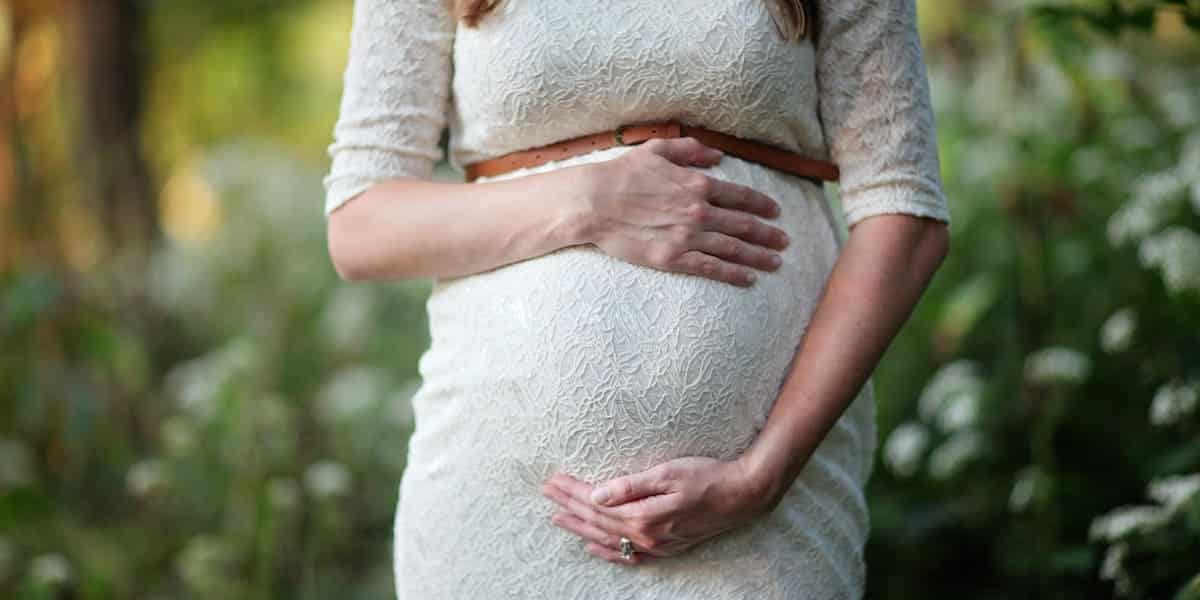
Dark chocolate comes with its own benefits as well. It contains minerals such as magnesium, copper, and iron, as well as antioxidants equivalent to a handful of blueberries.
In 2016, two groups of pregnant women were part of a study to see if consuming 30 g of chocolate improved the blood flow to the placenta. One group consumed low flavanol chocolate and one group consumed high flavanol chocolate.
From this study it revealed both groups showed increased blood flow to the placenta after consuming the controlled amounts of chocolate.
As already mentioned, while there are benefits to consuming chocolate in general, the key is moderation. High intakes of any food that has higher levels of added sugar can contribute to health issues.
Pregnancy-friendly hot cocoa
While most of us prefer the taste of milk chocolate, when you are pregnant you can switch the milk chocolate to dark chocolate. As discussed, it has extra benefits that its milk version has less of.
You can use dark cocoa powder to make your beverage at home or even melt a dark chocolate bar with hot milk.
Dark chocolate also contains less sugar than milk or white, ensuring you do not go over your sugar consumption. Be sure to always read the food label to check the nutritional values.
Some pregnant women can develop certain aversions of foods. If dairy ends up being one of these, and you still wish to enjoy a cup of hot chocolate, you can easily swap cow’s milk for plant-based milks instead.
Both almond and hazelnut milk are a great alternative, providing you don’t mind the nutty flavor. They are also vegan-friendly and low in fats and sugars, making them healthy alternatives.
Coconut milk is also another great alternative.
Conclusions
As we have seen, hot chocolate can still be enjoyed during pregnancy. Always make sure to drink it in moderation and keep an awareness of other sources of caffeine and sugar so you do not go over your daily allowance.
There are also some great alternatives to cow’s milk and milk chocolate, so you should not have to deny yourself this tasty treat that has a number of surprising health benefits.
